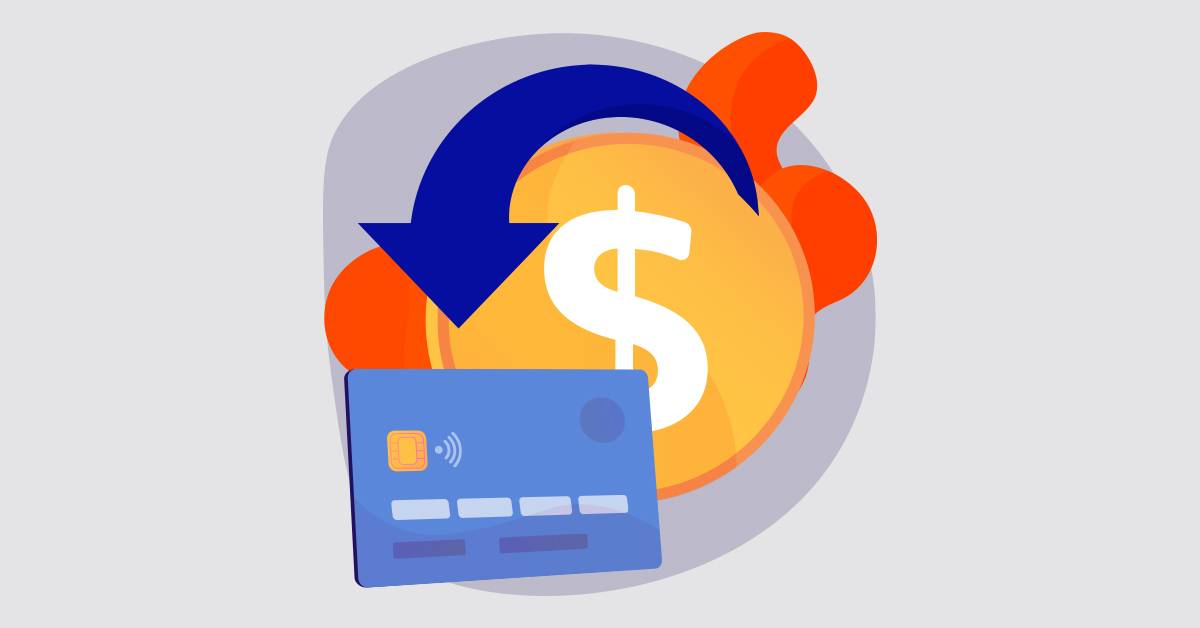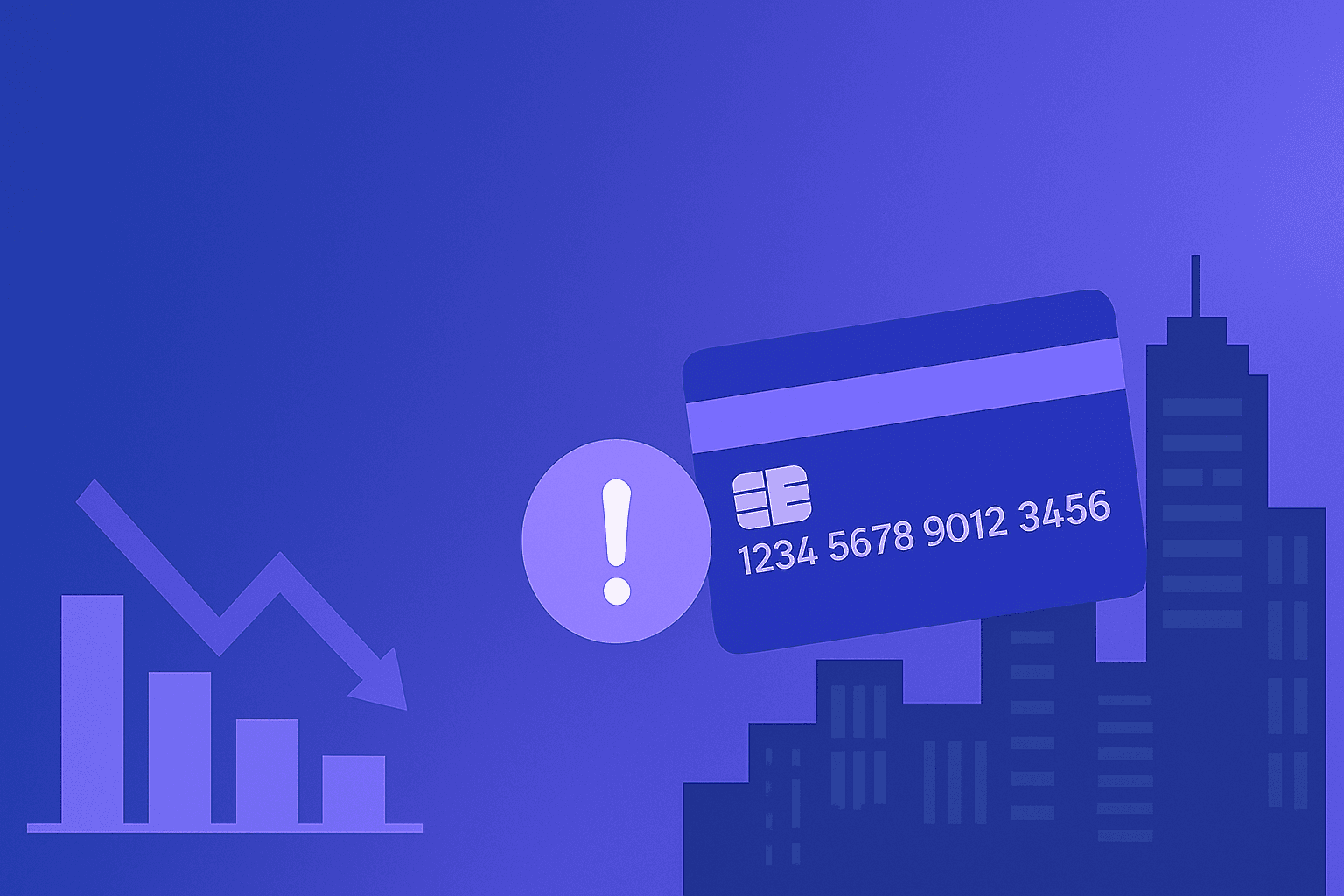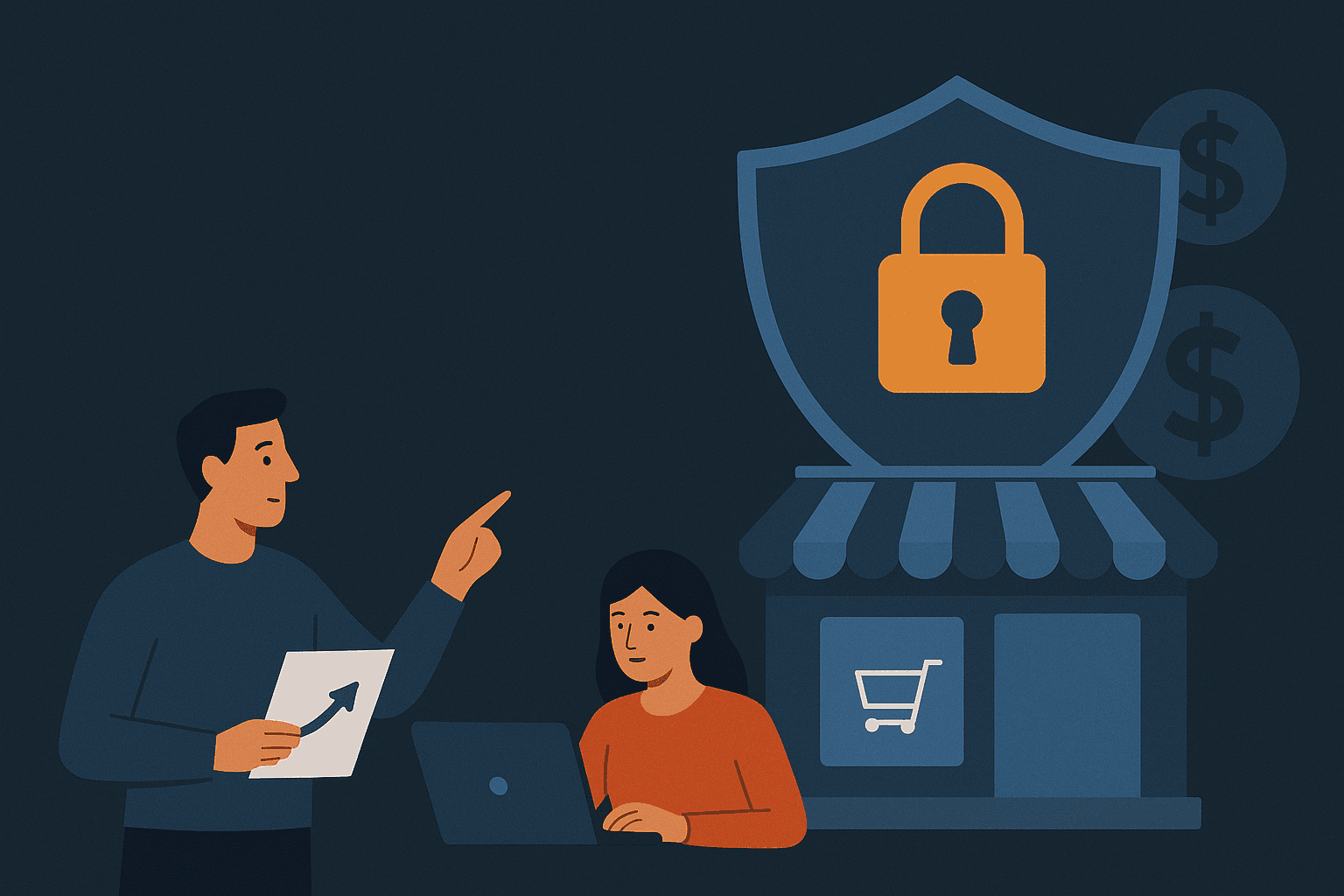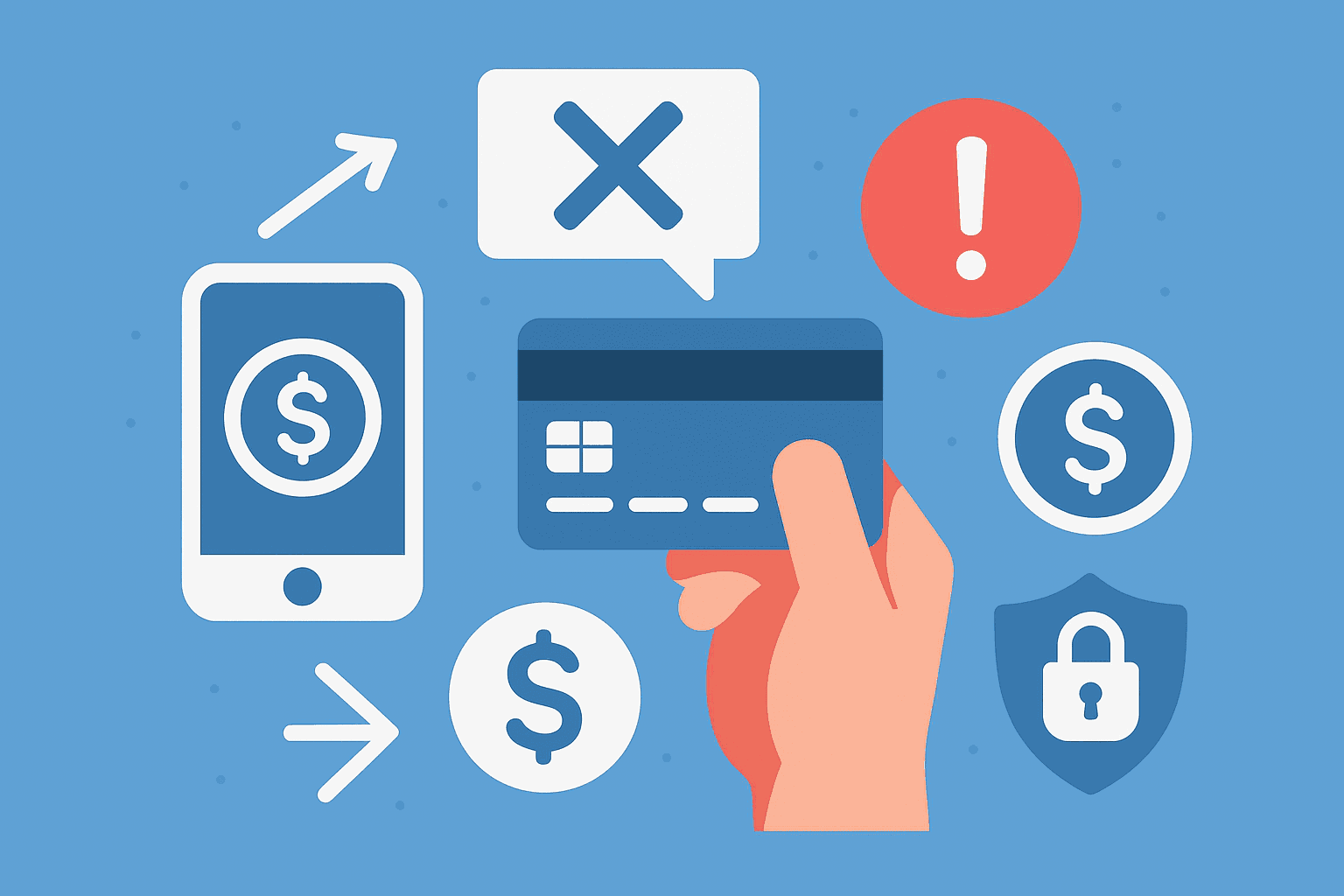How to protect your Ecommerce from chargebacks on Black Friday
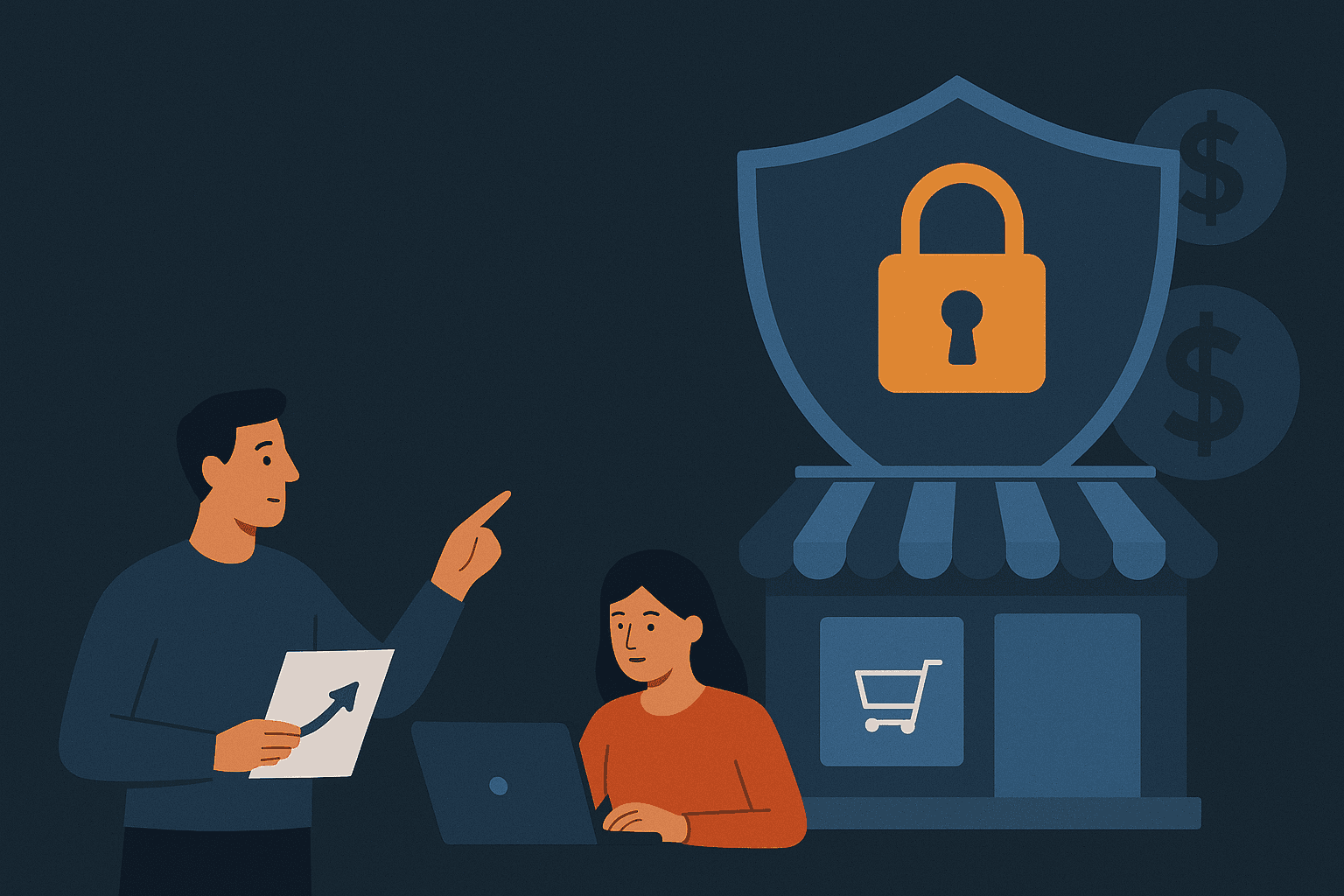
SHARE ARTICLE
Preparing your store to avoid losses on Black FridayBlack Friday is the most anticipated sales event of the year. For many Ecommerce businesses, it represents record-breaking revenue and a flood of new customers. But behind this sales peak lies a silent risk that can turn your profits into losses: chargebacks.The more you sell, the higher the likelihood of receiving disputes—often unfair or caused by friendly fraud. What you celebrate today as a sales success could turn into a financial headache within weeks.The other side of Black Friday: ChargebacksIn the days following Black Friday, many Ecommerce businesses not only experience more returns but also an unexpected increase in direct claims to the bank by customers: chargebacks.Unlike a normal return—which is handled directly by the store—a chargeback occurs when the customer requests their card issuer to reverse the payment. The reasons can vary:Customers who, instead of contacting support, dispute the charge with their bank because they don’t recognize or regret the purchase.Users who forget they made a purchase during the sales frenzy.Fraudulent buyers who take advantage of logistical overload and shipping delays.The outcome is always the same: the Ecommerce loses the sale amount, the delivered product or service, and also pays the fees associated with the chargeback.And the impact doesn’t stop there. Each dispute affects your payment acceptance rate: if your fraud or dispute rate exceeds certain thresholds, payment gateways (Stripe, Adyen, PayPal, etc.) may impose holds or limit the volume you can process in future campaigns.Why do chargebacks increase during this period?The reason isn’t just the volume of orders. A combination of factors makes Black Friday fertile ground for disputes:High expectations and urgency: customers want their purchases fast; any delay can lead to a dispute.Hidden fraud: fraudsters know support teams are overloaded and exploit the situation to pass suspicious transactions.Impulsivity: many buyers get carried away by deals and, when they regret it, dispute directly with the bank instead of contacting the store.There’s also a logistical factor: shipping overload. According to Mastercard data, 65% of customers who file a “product not received” chargeback end up receiving the product later—but the dispute is already in motion, and reversing it is complicated.Imagine multiplying your sales tenfold in November and receiving a flood of disputes in December. This surge can erode your margins for the entire quarter.Reacting isn’t enough: you need a planMany Ecommerce businesses discover the impact of chargebacks too late. By the time disputes arrive, it’s often too late to protect your cash flow.The key is to prepare before the sales peak by establishing prevention protocols and early fraud detection. Essential practices include:Monitor your chargeback rate (number of disputes ÷ total transactions) and keep it below 1%, the risk threshold watched by banks and gateways.Strengthen antifraud controls and adjust verification rules for high-risk transactions.Ensure agile customer service: many disputes can be avoided if buyers get fast responses to questions or issues.Communicate proactively about delays and return policies; transparency is key to reducing unnecessary disputes.Most common types of fraud and chargebacks on Black FridayKnowing the most frequent scenarios will help you anticipate them:Stolen card fraud: fraudsters exploit the high transaction volume to go unnoticed.Account Takeover (ATO): a fraudulent user accesses a real customer’s account and makes purchases using stored payment methods.Triangulation fraud: the scammer acts as a “seller” on a marketplace, buys from your store with stolen data, and makes the chargeback fall on your business.Return fraud: the customer claims to have returned the product but sends back an empty package, a different item, or one in poor condition.(Source: Mastercard, Chargeback Trends and Outlook Report 2023)Maximize your sales without compromising profitabilityBlack Friday should be synonymous with opportunity, not risk. Ecommerce businesses that prepare in advance -optimizing payment management, reviewing antifraud flows, and training their support teams- are the ones that truly capitalize on the peak season without jeopardizing profitability.Remember: selling more doesn’t have to mean losing more. Anticipating chargebacks can make the difference between a record-breaking Black Friday and one filled with losses.
SHARE ARTICLE
